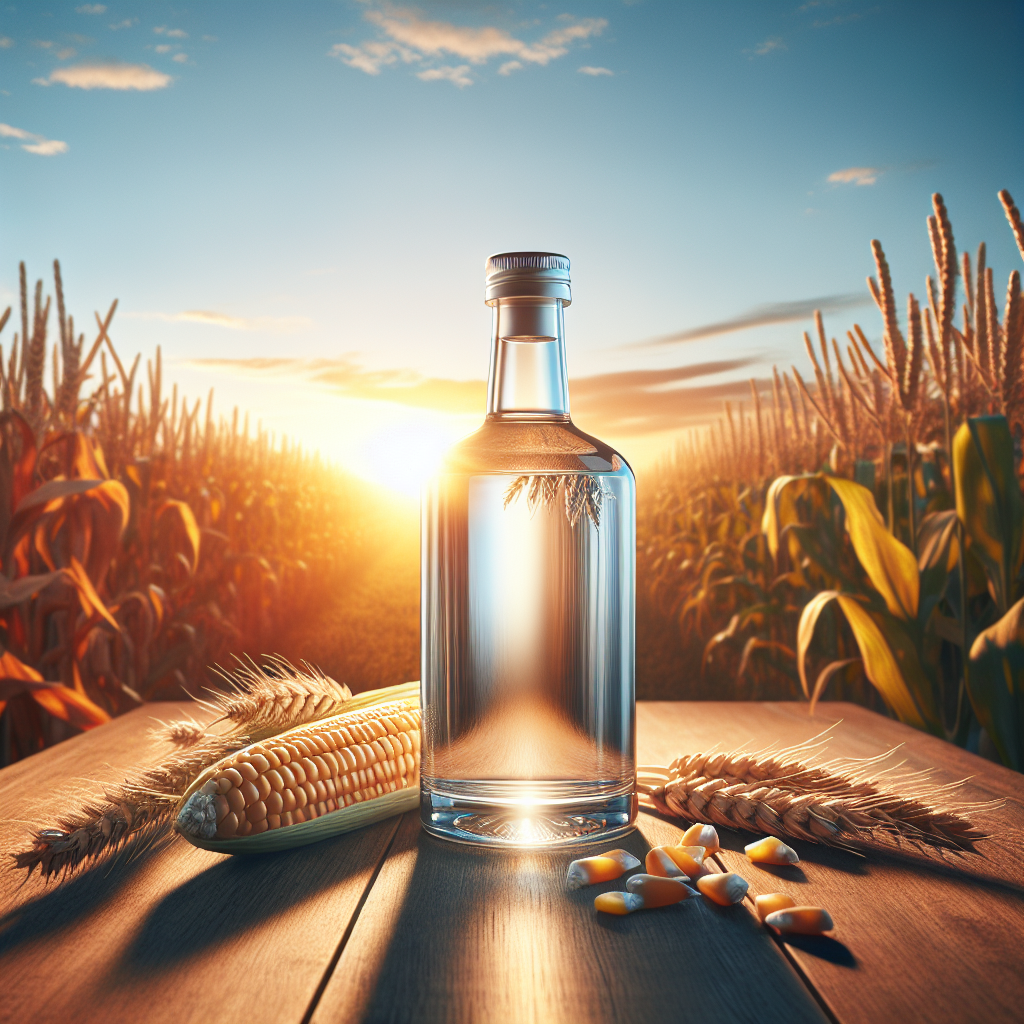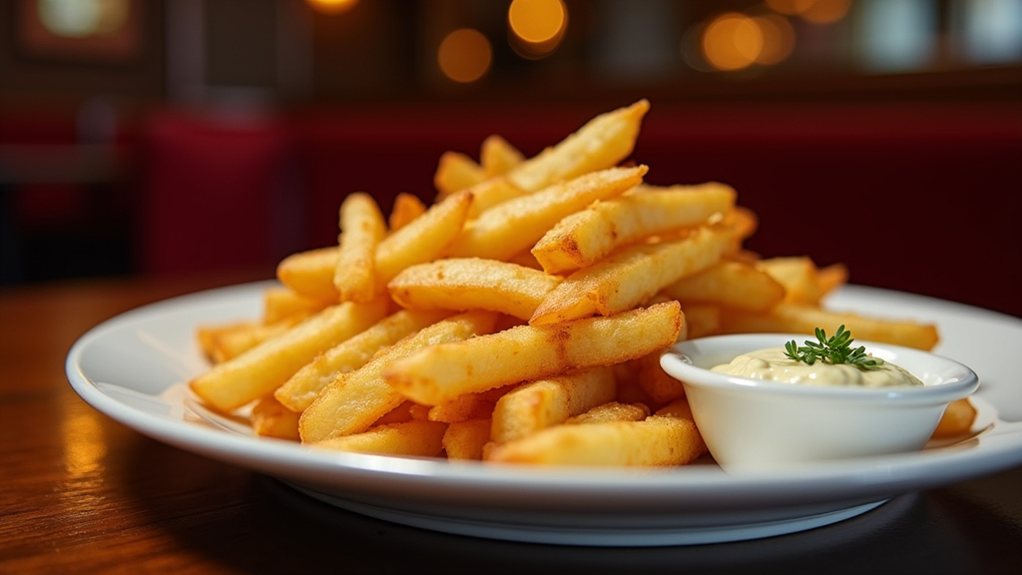The Truth Behind Vodka: More Than Just Potatoes
Vodka is a staple at bars and parties, a beloved spirit that has dominated the liquor market in the U.S. for over half a century. But with all its fame and popularity, a common misconception remains: many people believe that vodka is primarily made from potatoes. This article delves into the real ingredients behind vodka, offering insights into its production process, its historical ties to potatoes, and why it has become the iconic drink that it is today.
What Is Vodka Made From?
Contrary to popular belief, most vodka on the market is crafted from grains, predominantly wheat or corn. Brands like Grey Goose, Absolut, and Svedka showcase this trend by using grains as their primary ingredient. Even the leading vodka brands in the U.S.—Tito’s and Smirnoff—favor corn in their recipes. It’s fascinating to note that vodka can be produced from a variety of ingredients, as long as they contain sufficient sugars or starches for fermentation. Unlike spirits like bourbon, which mandates a certain grain content, vodka is versatile in this regard.
The flexibility of vodka’s production is part of what makes it so appealing. While some brands do experiment with unusual ingredients—like Cîroc, which is made from grapes—most consumers remain blissfully unaware that their favorite spirit might not involve even a single potato.
The Intricate Process of Vodka Production
The creation of this renowned liquor starts with a simple mixture of a base ingredient, water, and yeast. The yeast ferments the sugars and starches, giving birth to ethanol—essentially, the alcohol we enjoy in our drinks. The most notable step in vodka production is distillation, a process that purifies the liquid by heating it until it evaporates and then cooling it back into a liquid form. This purification step is what sets vodka apart from other spirits.
Most vodka goes through a distillation process three to seven times, which sharply contrasts with bourbon or rum that are typically distilled only twice. The higher the number of distillations, the smoother and more neutral the vodka becomes. A vodka’s defining characteristic is its clarity and lack of flavor, making it an ideal companion for a wide array of mixers.
The Potato Connection: What’s the Story?
So, how did vodka earn its potato reputation? The history of vodka traces back to Eastern Europe, where it is believed to have originated in either Russia or Poland. Early versions of vodka were made from fermented grains and, to some extent, grapes as well. It wasn’t until the 16th century that potatoes made their European debut.
During the Soviet era, the association grew stronger. Potatoes became a lifeline for many during famines, and vodka production surged due to their accessibility. However, it’s worth noting that while potatoes are a familiar stereotype (mostly from films and TV shows), they are actually one of the least efficient sources for vodka. The process is much more labor-intensive compared to grain fermentation.
Vodka Today: An Evolving Landscape
Today’s vodka market is a bustling hub of creativity, with more brands diversifying their offerings. Craft distilleries are popping up, and there’s a noticeable trend toward using high-quality ingredients. From organic grains to unique fruit bases, vodka is experiencing a renaissance. Consumers are increasingly interested in the story behind what’s in their glass, leading to an explosion in flavored vodkas and artisan brands that prioritize quality over mass production.
Drinks like the Moscow Mule or the classic Vodka Martini often embrace the spirit’s neutrality, demonstrating how vodka’s lack of dominant flavors allows for creativity in cocktails. It’s an adaptable ingredient, equally enjoyed straight or as part of an elaborate mixed drink.
When you next enjoy a chilled shot of vodka or sip on a cocktail, remember the journey this spirit has undertaken—from ancient distillation methods to modern craft varieties. While potatoes may have played a role in vodka’s past, it’s the grains and innovative processes that truly define our favorite clear spirit today.
So the next time someone asks you about potato vodka, feel free to enlighten them on the diverse world of vodka production. Who knows? You might just impress them with your newfound knowledge!









